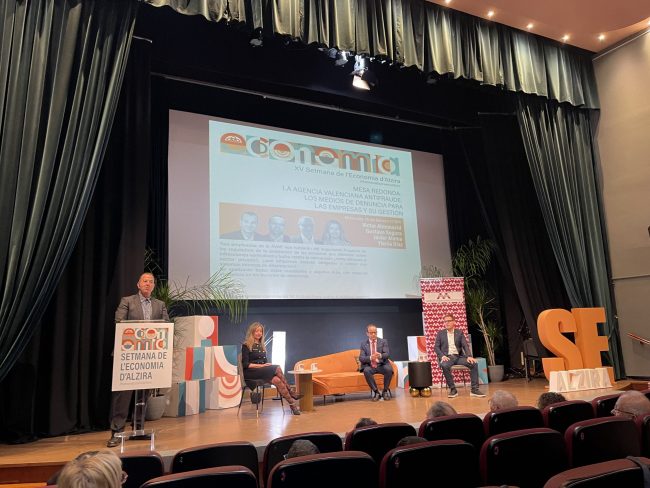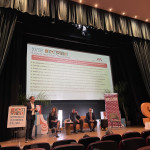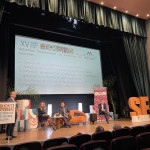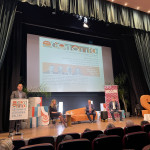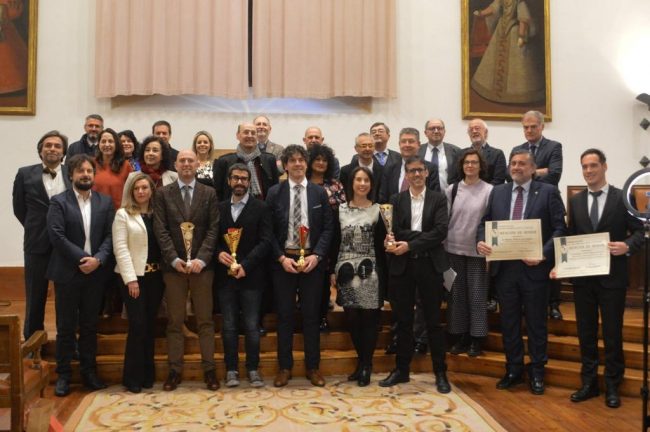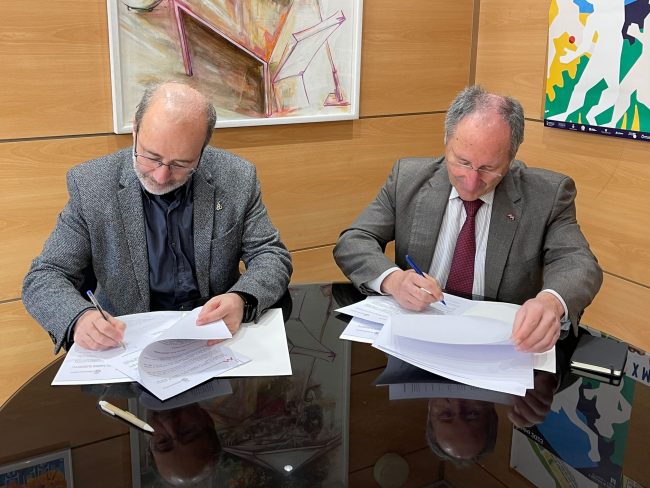Alzira, January 30, 2023.- The mayor of Alzira, Diego Gómez i García and the director of the Valencian Anti-Fraud Agency, Joan Llinares, have signed a collaboration protocol between both institutions that will help promote the Integrity Plan in which the City Council of Alzira is working
Within the general lines of the Integrity Plan, the implementation of both internal and external complaint mailboxes is contemplated, thus complying with the requirement of the European Directive 1937/2019 on the protection of people who report breaches of Union Law, better known as the Whistleblowers Directive.
The City Council of Alzira will enable as an external channel of complaints the complaint box of the Valencia Anti-Fraud Agency which will be visible on the municipal website; A mailbox that guarantees the confidentiality of whistleblowers, as well as allows the possibility of being able to make complaints anonymously.
The collaboration between both institutions will also extend to other actions and activities such as those of a formative nature where the staff of the municipality will receive training in aspects related to the promotion of ethics and public integrity, as well as the prevention and detection of situations constituting fraud and corruption.
Likewise, the Agency will offer advice and support for the preparation of the plan of anti-fraud measures necessary to be eligible for European Next Generation funds as set out in Ministerial Order 1030/2021 by which the management system of the Recovery, Transformation and Resilience Plan is configured.
The mayor of Alzira, Diego García said that “our commitment to transparency in management and the fight against corruption in the administrative files of the city council is reinforced with the signing of this agreement with which we receive the support and help of the Valencian Anti-Fraud Agency to improve the image of Alzira at the institutional level and as a reference in the Valencian Community in the improvement of the relationship with our citizens.”
For his part, the director of the Agency, Joan Llinares, said that “it is positive to see how every day more municipalities and institutions begin to equip themselves with instruments to fight fraud and corruption and they do so not only with reactive measures such as reporting channels, but also from prevention with training and awareness actions. “
“It is undoubtedly good news that the City Council of Alzira will have complaint boxes, both internal and external, but more important is if possible that it has committed to approve a municipal Integrity Plan,” added Llinares.


